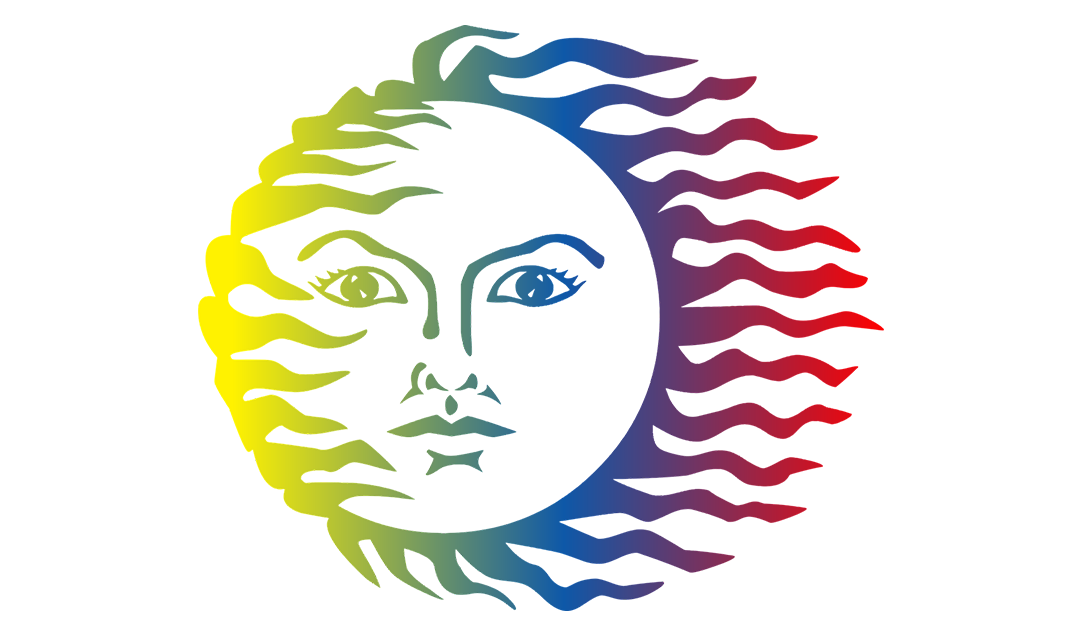Contributed by Bob Rawlins, consultant to CAIRE Inc.~
Many love the heat and humidity. Especially if you live by or on a beach, or any water for that matter. When I was of the younger age it didn’t bother me as much either.
It meant playing baseball, water skiing, pool swimming, and more outdoor activities. Living on the Jersey Shore as a kid, it was great for crabbing in the evening. Using some raw chicken in crab cages, walking down the street to the docks under a moonlit night was the best. Even if I was still sweating my butt off in 80 degree heat with 90 percent humidity. LOL
We always talk about what it does to our bodies, which we should be aware of, but I found some other interesting things about what it can do to your home as well.
I came across this excellent article from Home Climates.
An excerpt from Tips for Controlling Your Home’s Humidity
The biggest thing I got was “Improve the air quality.” This is a must read.
We will feel drained and tired for sure but it’s important to do all you can to help you feel better and understand your air quality and if necessary, improve it.
Whether you are on a chronic lung disease journey or not, heat and humidity affect everyone.
Doctors will tell us to pay attention to those extreme temperatures and humidity, because it does lots of things to us and none are all that good.
Honestly, those of us on this lung disease journey should pay close attention to what our body is telling us.
A blog post, published by a Mayo Clinic Volunteer Mentor, I definitely could relate to.
An excerpt from High Humidity and Lung Health for all breathing problems
Some of the things I’ve done while on my journey during these hot and humid days:
- Stay in air-conditioned places. Cool the car down before you get in it.
- Buy an insulated cup or jug. I always have one filled with water or Crystal Light, even indoors. Humidity indoors can also be tough to deal with. Staying hydrated is key.
- On longer trips, always pack a small cooler.
- Check out the cooling towels at a sporting goods store. If you have to be outside, it is great to have around your neck to keep the body temperature down.
- Run a fan in your room at night even when the air conditioning is on. This circulates the cool air continuously.
- Pack fans to use on vacation in your bedroom or family rooms. It keeps the body temperature regular. In the winter you can always turn it down or off. But good circulated air can really help, I’ve found.
Friends all of these tips were important before my double lung transplant, but I still practice these same habits post-transplant today.
Don’t mess with the heat, my friends!!! It can really play havoc on your breathing!
Till next time,
#Stay
#laugheveryday
#smileatsomeone
#Touchaheart
#breathe-easy
Love you all,
Coach Bob
Bob Rawlins, 64, of Medina, Ohio, is a double lung transplant recipient and a patient advocate for those who suffer from respiratory diseases and have been prescribed supplemental oxygen therapy. He is husband to Terese and father to their 17-year-old triplets. He also has two grown twin sons and four grandchildren. He serves as a hospital volunteer, band dad and chaperone, and marketing guru.
If you have been prescribed oxygen therapy, learn more about CAIRE by visiting www.caireinc.com/patients or by calling 1-800-482-2473 to talk to an oxygen advisor.
The contents of this blog post are not intended to substitute for professional medical advice. Please consult your physician for personalized medical advice. When using any oxygen therapy device please consult the applicable product instructions for use for product indications, contraindications, warnings, precautions, and detailed safety information.

